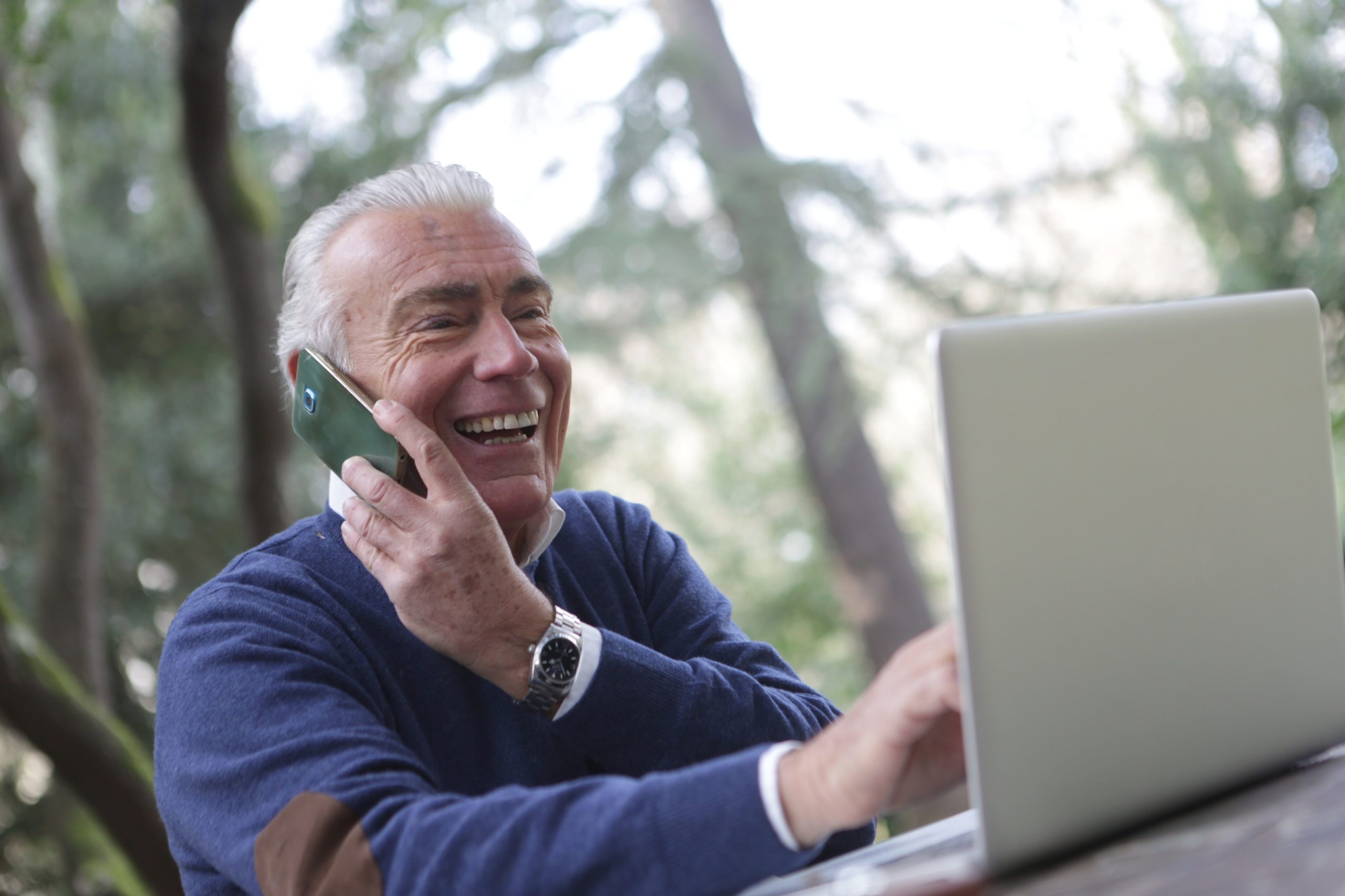How Health Monitoring Devices are Helping Seniors Manage Chronic Conditions

The image is not directly related to the article. It merely symbolizes the life of elderly people.
How can health monitoring devices help seniors manage chronic conditions?
Health monitoring devices can help seniors manage chronic conditions by providing real-time data about their health. These devices can track vital signs, such as blood pressure, heart rate, and glucose levels, and alert seniors and their caregivers when readings are outside of normal ranges. This can help seniors take swift action and prevent complications from their chronic conditions.
What types of health monitoring devices are available for seniors?
There are a variety of health monitoring devices available for seniors, including blood pressure monitors, glucose meters, heart rate monitors, and pulse oximeters. There are also wearable devices, such as fitness trackers and smartwatches, that can track activity levels, sleep patterns, and heart rate. Some devices also offer medication reminders and can track medication adherence.
How do health monitoring devices benefit seniors with chronic conditions?
Health monitoring devices can benefit seniors with chronic conditions by providing them with a greater sense of control over their health. By tracking their vital signs and other health data, seniors can take a more proactive role in managing their chronic conditions and making lifestyle changes that can improve their overall health. Health monitoring devices can also provide peace of mind to caregivers and loved ones, who can track their senior’s health remotely and be alerted to potential issues.
Are health monitoring devices easy for seniors to use?
Many health monitoring devices are designed with seniors in mind and are easy to use. They often have large displays, simple interfaces, and voice prompts that guide seniors through the testing process. Some devices also have mobile apps that make it easy to track and share health data with caregivers and healthcare providers. It’s important for seniors to receive proper training on how to use their devices to ensure accurate readings and reliable data.
Do health monitoring devices replace regular medical check-ups?
No, health monitoring devices do not replace regular medical check-ups. They are meant to be used in conjunction with regular medical care to provide seniors with more information about their health and help them manage their chronic conditions. Healthcare providers can use the data collected by health monitoring devices to make more informed decisions about seniors’ care and adjust treatment plans as needed.
In conclusion, health monitoring devices can be a valuable tool for seniors with chronic conditions. They can provide real-time data about vital signs and other health metrics, helping seniors take a more proactive role in managing their health. Health monitoring devices can also provide peace of mind to caregivers and loved ones, who can remotely track their senior’s health and be alerted to potential issues. While health monitoring devices do not replace regular medical check-ups, they can provide valuable information to healthcare providers and help seniors live healthier, more independent lives.
The image is not directly related to the article. It merely symbolizes the life of elderly people. How can health monitoring devices help seniors manage chronic conditions? Health monitoring devices can help seniors manage chronic conditions by providing real-time data about their health. These devices can track vital signs, such as blood pressure, heart rate,…
Recent Posts
- Empowering Caregivers: The Best Online and Offline Resources to Enhance Your Skills
- Traveling with a Purpose: The Rise of Volunteer Vacations
- Breaking Stigma: Dispelling Myths about Mobility Aids and Disability
- Avoiding Probate: How Trusts Can Simplify the Estate Settlement Process
- Senior Citizens Beware: Common Financial Scams and How to Stay Protected

